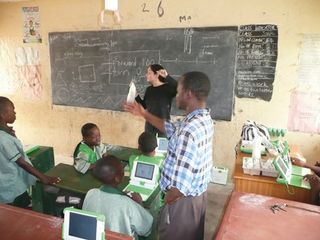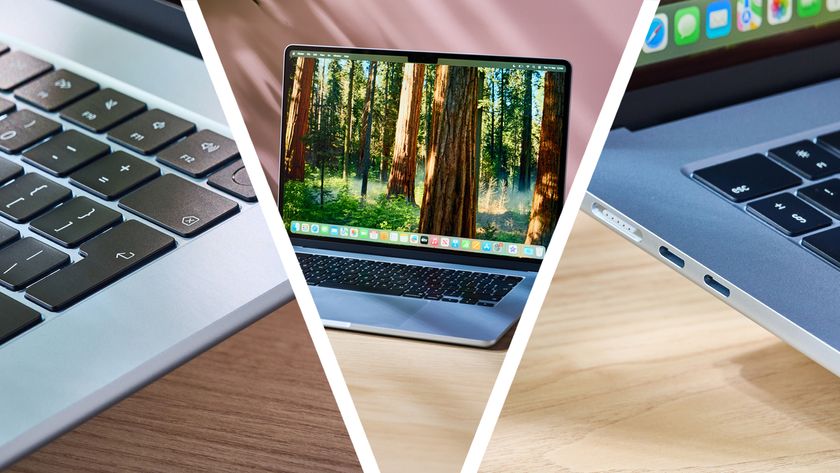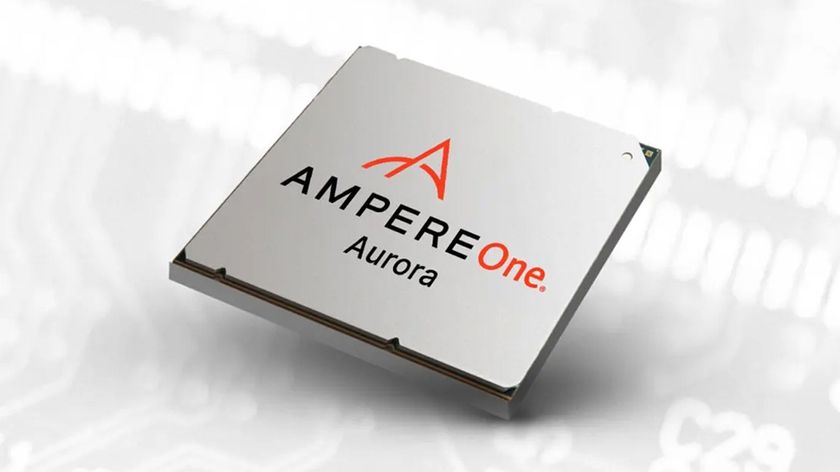Despite its rocky road to success, OLPC still has a long way to go before it can claim any kind of success.
Its intention to deliver PCs into the hands of the world's poorest children is admirable, but experts have questioned its methods, warning that the charity risks wasting the hard work and achievements by equipping communities with laptops and then leaving them to work out how to use them for themselves.

This is a criticism that Walter de Brouwer, European CEO of One Laptop Per Child, flatly rejects. "The charge is false," he told PC Plus in an exclusive interview.
"Typically, teachers and schools receive a two-week introduction not only to the machine and its technical features and operation, but more critically on how to actually integrate it into the learning experiences," he said.
"OLPC works with the country to develop a team that works with the schools," De Brouwer continued. "The team supports the schools, technically and pedagogically. This team also works to develop capacity at the schools, but also locally out in the communities."
In the UK, schools require entire departments to keep their networks and PCs in running order, and the use of IT in classrooms is a key part of teacher training. Even Vota, an outspoken supporter of the OLPC project, has questioned the level of support provided by OLPC, calling its deployment strategy "irresponsible".
"OLPC has always maintained distance from actual implementation, claiming it was the country's responsibility to integrate the XO laptop into their educational system. That might work for Uruguay, a stable, advanced country.
Get daily insight, inspiration and deals in your inbox
Sign up for breaking news, reviews, opinion, top tech deals, and more.
"But it's irresponsible in less-developed countries. OLPC has the responsibility to educate countries on what they are buying – an XO laptop should be one small part of a whole educational system change," he said.
"Just handing over the XO laptop like it's a self-installing app leads to [situations like] Ethiopian teachers banning them from classrooms as a plague on education."
Last year, teachers and parents in Ethiopia criticised the deployment of the XO, claiming that it was a distracting toy for the children and could not be a worthwhile tool in their education system, which is built around memorising from a blackboard and passing the national test.
Without training teachers to implement the laptops, the XO couldn't fulfil its function.
While self-learning is an important part of the XO's purpose, it's clear there's a serious risk that the laptops will either not be used effectively or fall into disrepair.
One has to admire what Negroponte and OLPC has achieved in the last three years, battling adversity that would have overcome many other organisations.
It's working on a new version of its laptop, the XO-1.5, which it hopes to start deploying later this year, and has released concepts of a $75 tablet PC that it aims to make a reality by 2012.
No-one can argue that getting an internet-connected laptop into the hands of children in the developing world isn't essential for those countries to grow and prosper. But unless OLPC asks difficult questions of the XO's recipients, it risks wasting an opportunity.
-------------------------------------------------------------------------------------------------------
First published in PC Plus Issue 284
Liked this? Then read How OLPC plans to give 30 million laptops to Africa by 2015
Sign up for TechRadar's free Weird Week in Tech newsletter
Get the oddest tech stories of the week, plus the most popular news and reviews delivered straight to your inbox. Sign up at http://www.techradar.com/register












